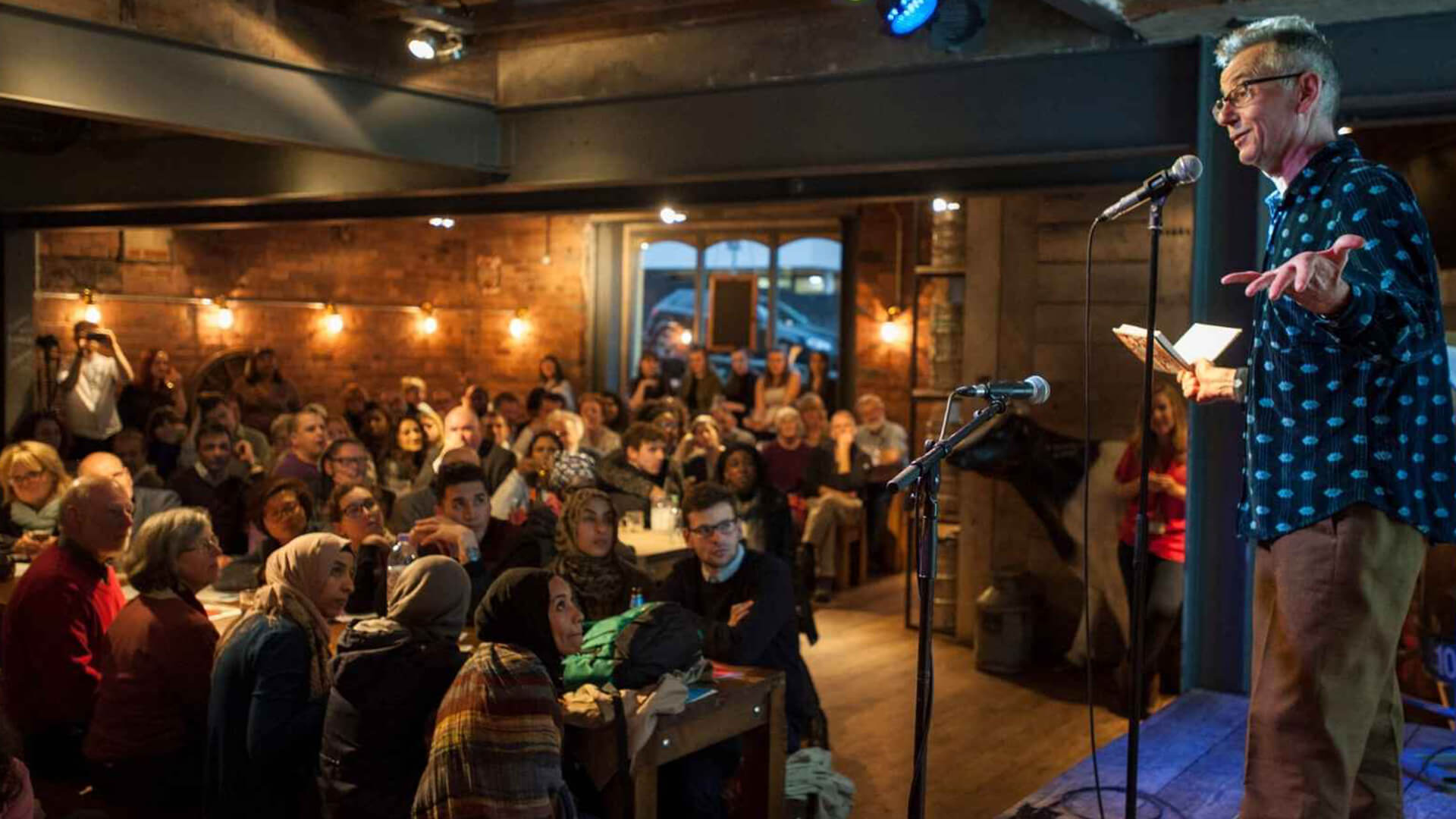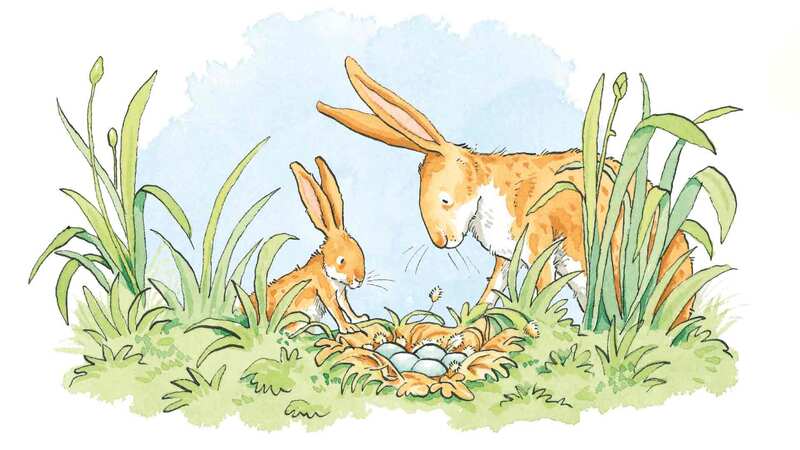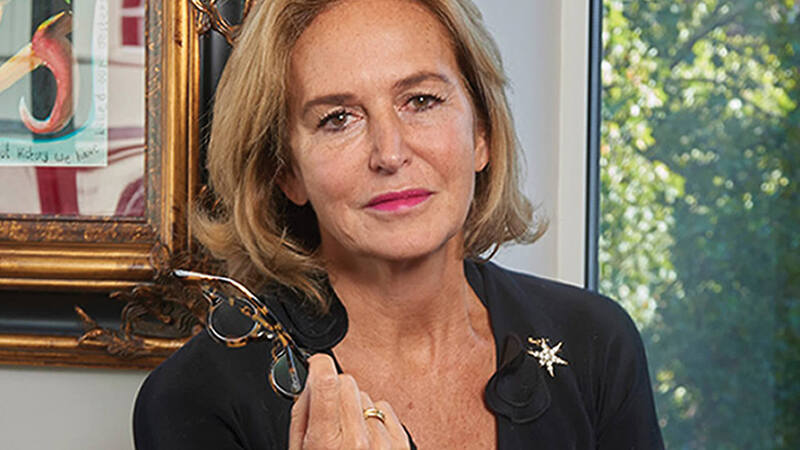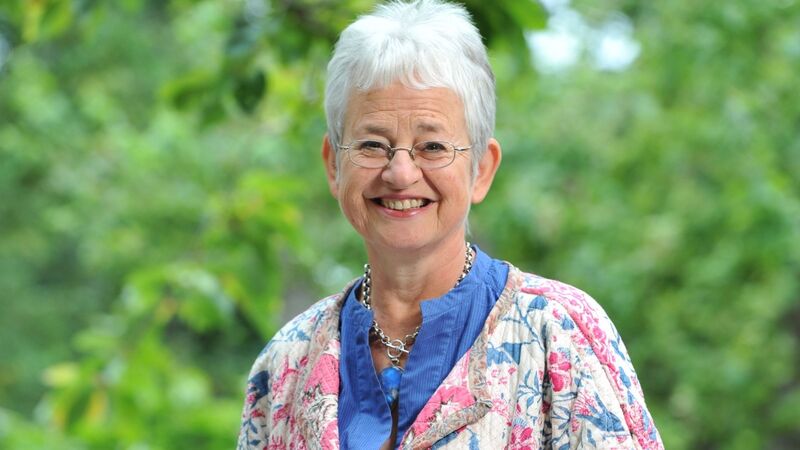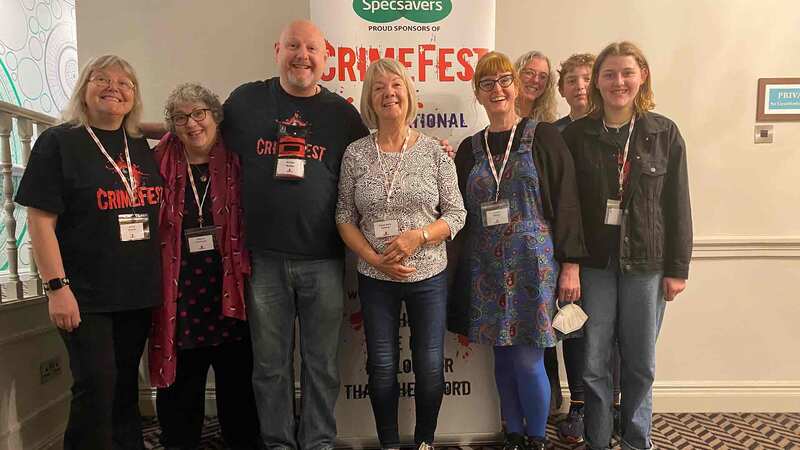You are viewing your 1 free article this month. Login to read more articles.
Bradford Lit Fest responds after AI-generated promotional image sparks debate
Bradford Literature Festival has responded to criticisms over its use of an AI-generated image to promote the event, in the same week the Society of Authors (SoA) published the first iteration of its position paper on AI, warning the industry needs to "protect copyright and creative careers in the face of new technology".
On 28th April, a tweet sharing the line-up for the 2023 festival was accompanied by an animated image of a young girl wearing a hijab and headphones, reading. A number of authors and illustrators were quick to point out that the image was AI-generated.
Author Lizzie Huxley-Jones tweeted: “Respectfully, I think this is a huge disservice to creators. AI harms illustrators and writers too. I think as bastions of the creative industry, you should be investing in artists’ unique work, not further investing in and legitimising a practice that seeks to retire us.”
Author and illustrator Emma Reynolds likewise said: “Why did you use AI to create these images instead of hiring an illustrator? There’s currently no ethical way to engage in AI as it scrapes millions of images without people’s consent, which is hours of unpaid labour. It’s infringement and it sends a bad message.”
In a tweet responding to Reynolds, Bradford Literature Festival defended its use of the image, writing: “BLF appreciates that AI is a very fast-moving and contentious subject right now for all creatives. Our creative agency, Lazenby Brown, used AI for early source images which their illustrator then augmented to create our beautiful new artwork. We believe that these images fully [...] reflect our inclusive ethos, our city and its people. We choose to work directly with illustrators and a huge range of creative individuals from across the globe to share, amplify and develop creative discussion and inclusion.”
BLF appreciates that AI is a very fast moving and contentious subject right now for all creatives. Our creative agency, Lazenby Brown, used AI for early source images which their illustrator then augmented to create our beautiful new artwork. We believe that these images fully... https://t.co/aEw2FLTSel
— Bradford Literature Festival (@BradfordLitFest) May 1, 2023
According to festival organisers, as part of their branding for this year’s festival, Bradford worked with their agency who used AI for early source imagery for 2 out of 6 campaign images. This was then developed by the illustrators on their team. Syima Aslam, artistic director of BLF, told The Bookseller: "I founded BLF in order to create an inclusive space that embraces debate and challenging conversations. Every year our programme gives a platform to marginalised voices, from writers to performers to illustrators.
"The rise of AI is undoubtedly creating seismic changes across industries, and the debate about its proper use will continue for years to come. It is an important and evolving conversation, and one that we welcome.
"As part of our branding for this year’s festival we worked with independent Yorkshire-based agency Lazenby Brown who used AI for early source imagery for two of six campaign images. This was then developed by the illustrators on their team.
"We did not realise this was the case, and we will of course interrogate the source of images moving forward. The field is still new and our first priority will always be the wellbeing of artists, writers and other creators. AI is filled with exciting possibilities, but we believe it should augment and support creators; never replace them.
"As part of this year’s programme, we already have several debates and open discussions in place around the future of AI which will explore the debate from all angles.
"We have added an additional event: a free, open discussion of the role of AI in the creative industry. We are extending invitations to all, and are personally inviting several of the independent illustrators and artists who have spent the last few days voicing their concerns to us. We appreciate their bravery, and hope they – and others – will be able to join us as we explore this new territory together.”
Mat Lazenby, founder of Lazenby Brown, added: "We are a small, independent Yorkshire brand agency with a long reputation for grassroots creative industry and community support. Over our 17 years of business, we regularly commission illustrators and photographers and will always continue to do so.
"We’re proud to be working with Bradford Literature Festival. As part of the new branding we created for BLF, our images come from a range of sources, including AI. As a small design agency, we wholeheartedly recognise the importance of the debate around AI, which is why we’re hosting an open debate on the topic during the festival.”
The SoA also published the first iteration of its position on AI this week, touching on the “long-awaited but vague” recent government white paper on AI regulation in the UK, which the SoA welcomed but warned offered “little more than vague guidance and is unlikely to reassure writers, illustrators, translators and other creative professionals, whose livelihoods are already being impacted negatively by these technologies.”
The SoA said “the positive potential of machine learning and artificial intelligence tools is vast” and that “these tools are very useful to writers”, but emphasised that “that is how we must define and use these systems, as tools to serve human development, not as entities to replace what humans do”.
The SoA added that there is “an urgent need for regulation, oversight and clarity in the training of AI systems”. It called on publishers and other creative businesses to state clearly their approach to using machine-generated or machine-assisted works, and to protect creators’ livelihoods in an industry that is nothing without human experience. It also said that “if a work is published or performed that was machine-generated, it must be labelled as such".
The SoA said: “We will continue to work with government officials for the better protection of the rights of writers, artists and other creative professionals whose work makes these AI systems possible.”





